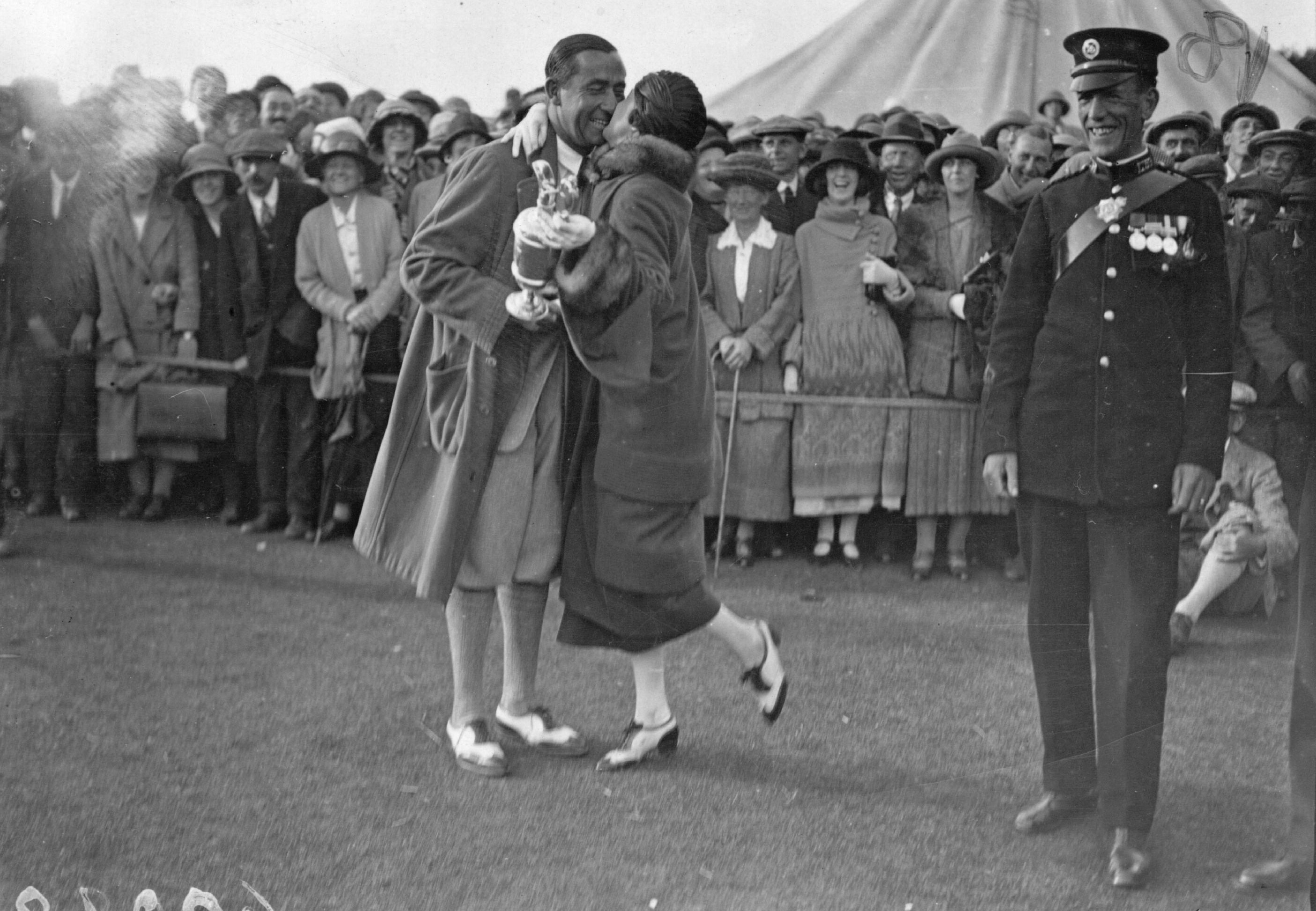
The first issue of Golf Monthly was published in March 1911, containing articles such as – “The Aims and Aspirations of a Professional” by five-time Open champion J.H Taylor, “My Favourite Shot and how I Play it” by the illustrious trio of six-time Open winner Harry Vardon, five-time champ James Braid and 1920 winner George Duncan. Then the rather amusing “Golfing Characters I have met” by W. Dalrymple – “Mrs George Valentine, the incomparable nurse who was with Old Tom Morris before his lamented death…” is the sort of thing covered there.
Back in 1911, the publication’s editor was the great amateur Open champion Harold Hilton. He was a member of Royal Liverpool and he was still editor when The Open travelled to his home club in 1913. Golf Monthly has covered Hoylake Opens ever since, from J.H Taylor’s triumph in 1913 up to Rory’s win 101 years later and now once more in 2023. Here, from the Golf Monthly archive, a resource which will soon be available to the public, we look at some of the best lines from the history of Golf Monthly’s Hoylake Open coverage.
1913
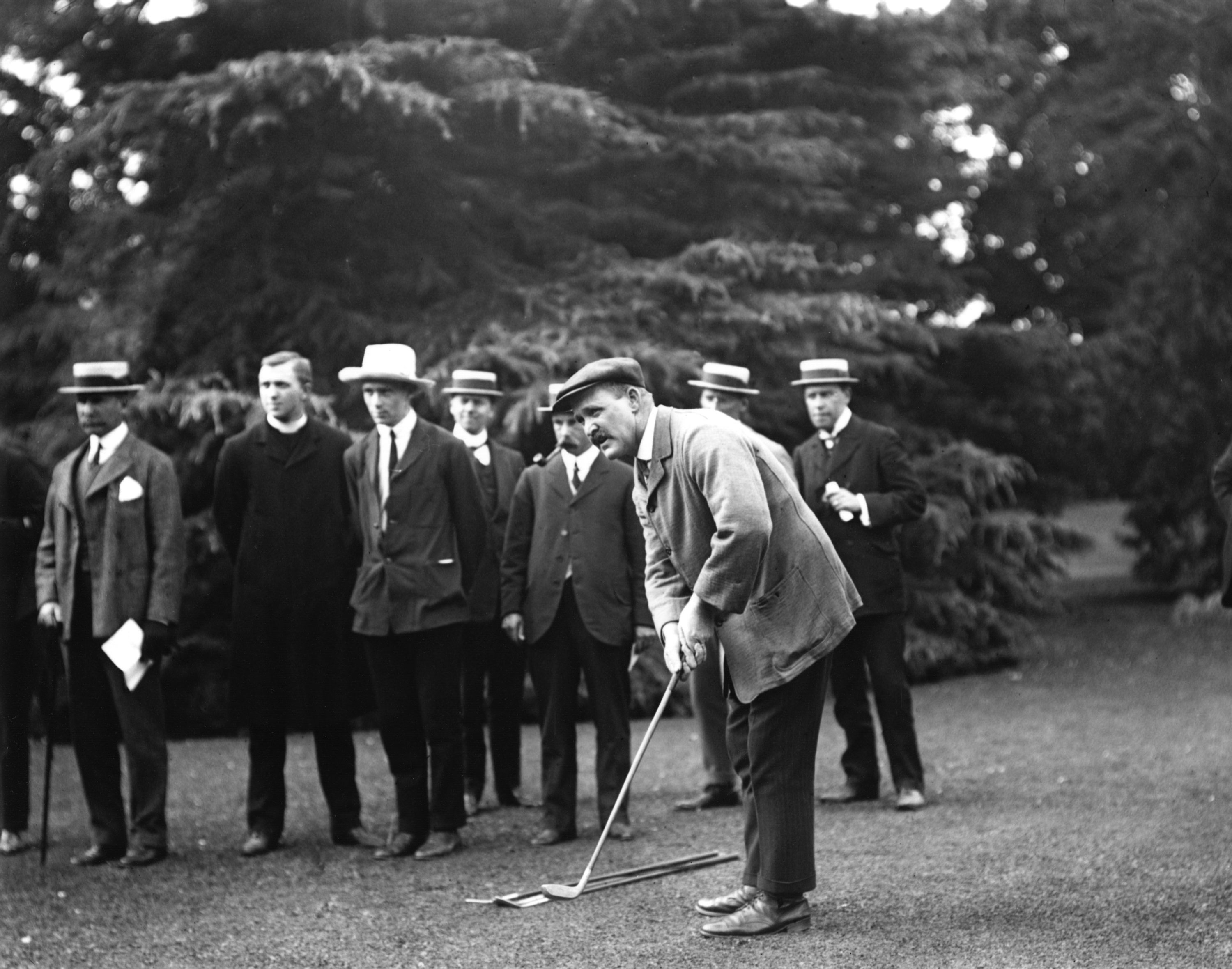
Editor Harold Hilton writes of the champion:
“John Henry Taylor is apparently one of those who realise the fact that it is as easy to hole a putt from beyond the hole as it is when the ball is short thereof.”
Rather disparagingly on the great James Braid:
“Watching him play it appeared as if he could not focus on either the ball or the lie of the ground and some of the strokes he played at the first and third holes were quaint and weird.”
1924
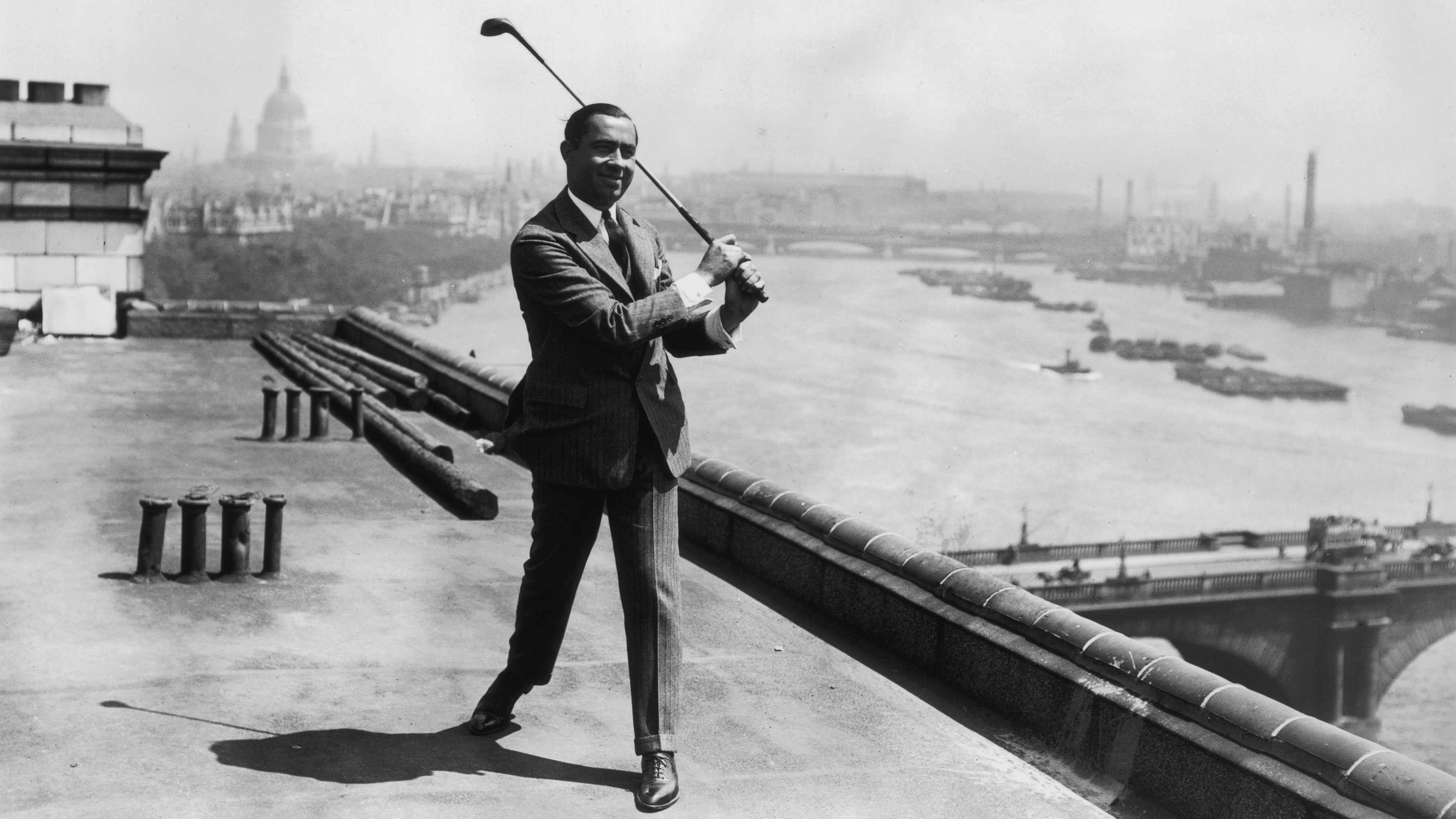
After Walter Hagen had taken his second Open title, the Editor was fairly scathing of the home players’ performance:
“The result of the Open Golf Championship is a disgrace to British professional golf.”
William Reid with a forward-thinking suggestion on the qualifying that the R&A would take up, albeit some 40 years later (to a certain extent):
“I would submit to once again take a leaf out of the American book and hold qualifying competitions by districts… and overseas entrants being accepted as a matter of international courtesy.”
Can you imagine if that latter suggestion were taken up today? Some 90 million golfers would be eligible – tee times would have to start seriously early!
1936

Alf Padgham wins. The Editor, writing 87 years ago, covers a topic that is still a hot one today – the length the players hit the ball. Under a heading titled “The Ball Again” he says:
“Hoylake touched the limit in length and it failed to substantially raise the scoring. The ball is now being tackled by a special committee of the Royal and Ancient and they think they have found something that will reduce length without impairing the pleasure given by the present ball.”
Today’s debates on the ball and increased distance are nothing new!
1956
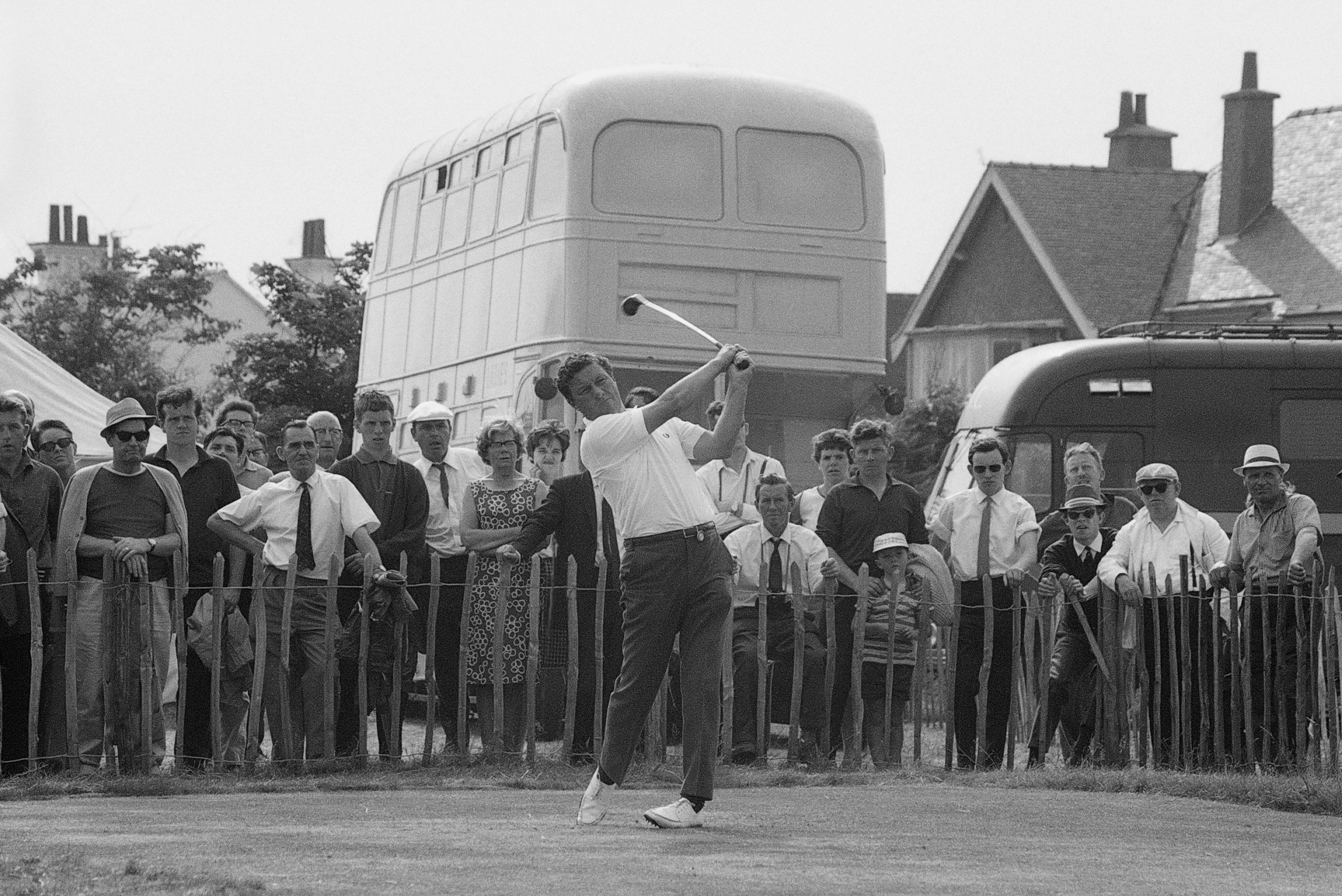
More despair from the editor on the state of British golf after Peter or “Repeater” Thomson had won for a third straight year.
“British golf, however, save for (John) Panton (he of the drink fame), and (Henry) Cotton (he of the Sir fame), made a sorry show. … The first 15 in the list included ten competitors from other countries. Are we becoming a third-class golf nation professionally?"
1967
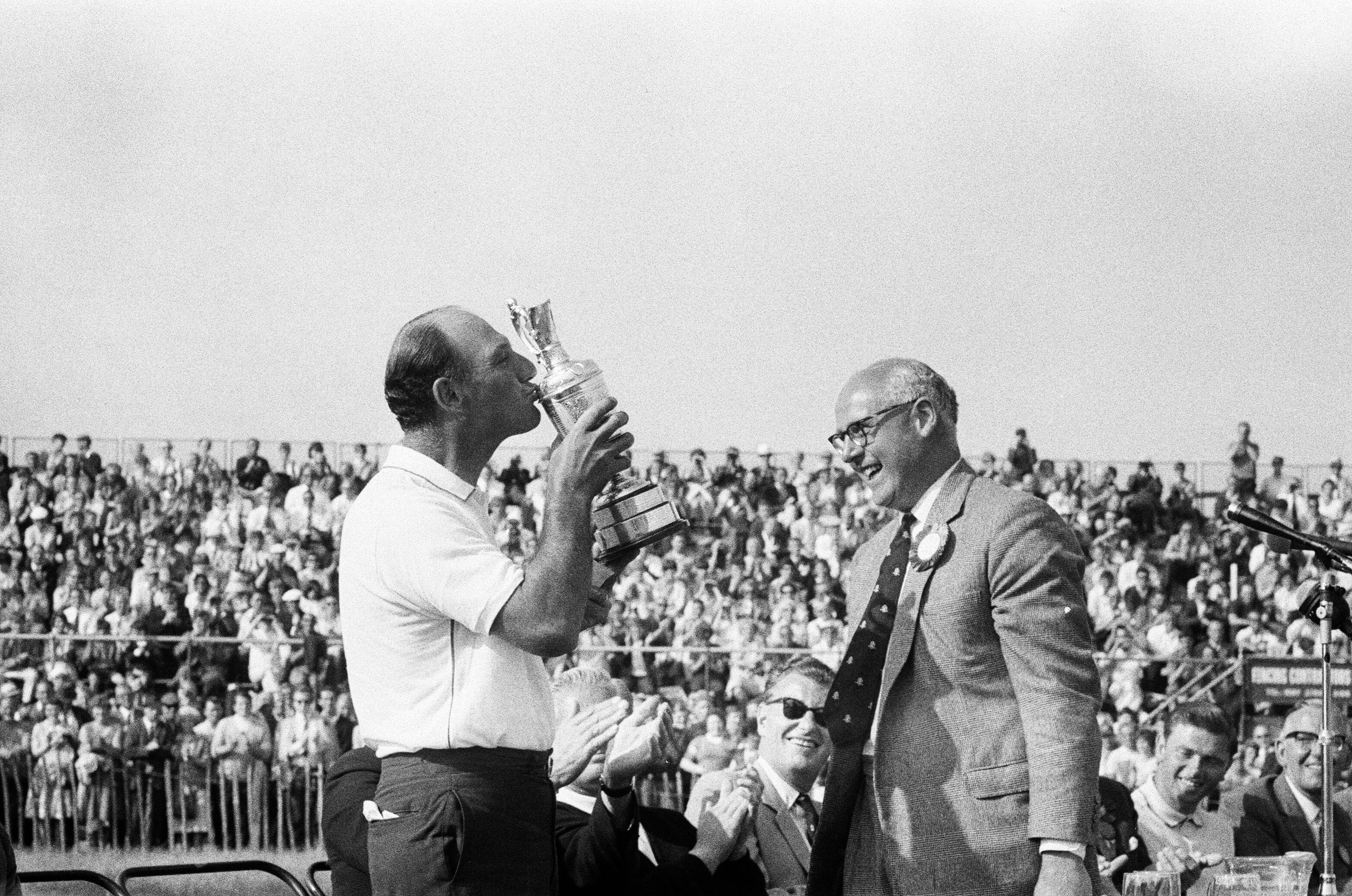
A selection of notable observations on the championship from the Golf Monthly correspondents, on an event won by Roberto de Vicenzo – the first winner to come from South America. At that time, the editor was Percy Huggins.
“Roberto de Vicenzo drove into the rough at the 10th hole and found his ball lying beside a seagull’s egg.”
“Temple assistant Peter Jones scored 69 in the first round but 82 in the second. Randal Vines of Australia shot 82 in the first round and 69 in the second. Both failed to qualify.”
“Lightning hit the flagstick at the fifth during an electric storm early on Friday morning. A star-shaped scar was burned on the green.”
“When Cobie Legrange (South Africa) failed to appear for The Open, a 28-year-old “Pop” pianist, Howard Broadbent from Bolton, stepped in after gaining an alternative place in the qualifying at Sandiway.” … He fired 80 and 81 to miss the cut.
2006
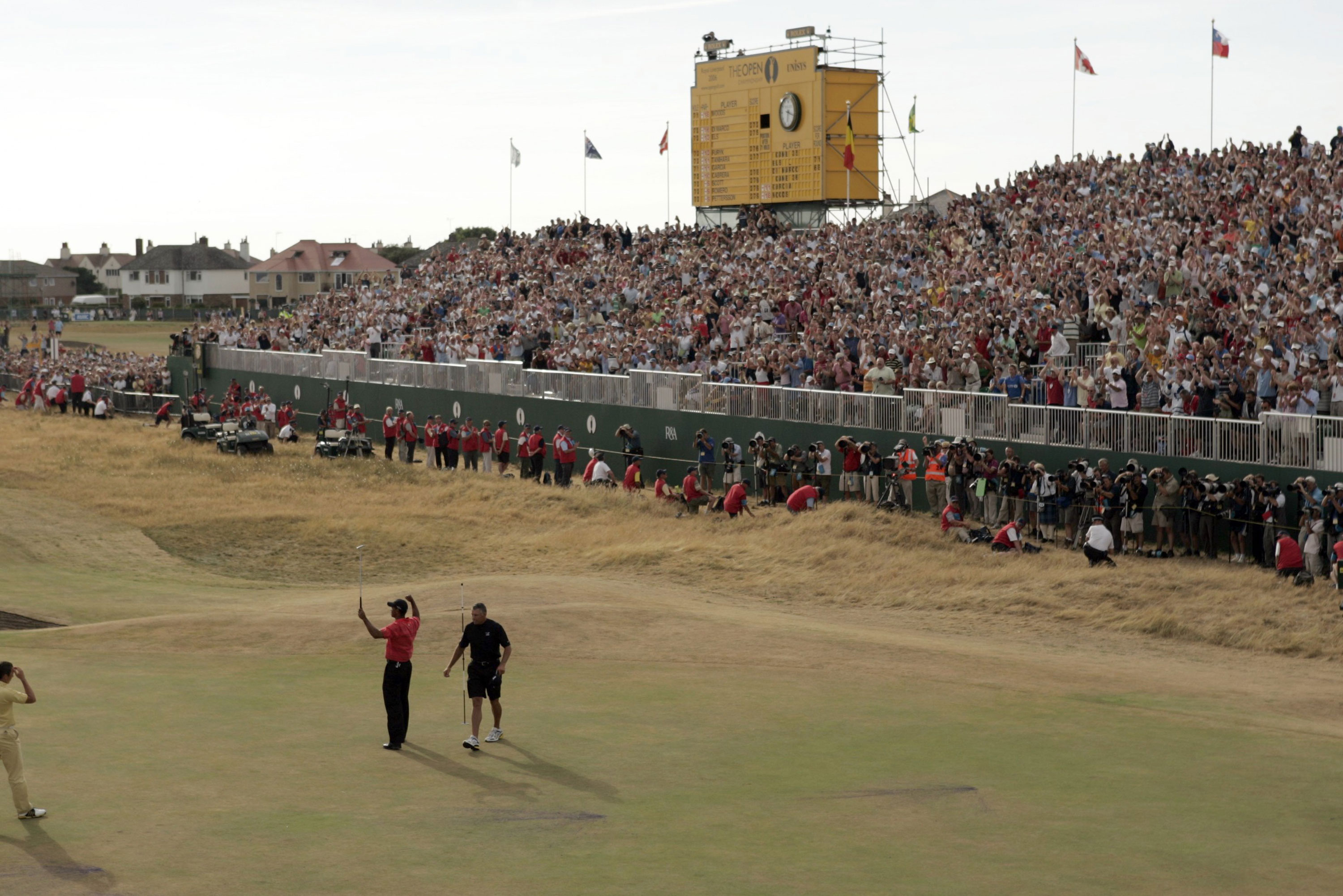
Bill Elliott on Tiger’s brilliance and the field’s inability to cope with it:
“If Tiger Woods leads going into the last round of a Major, then he wins. Now, while this is a glowing testimony to an extraordinary talent, it is also a blurring condemnation of everyone else. What, for goodness sake, is the matter with them?”
2014
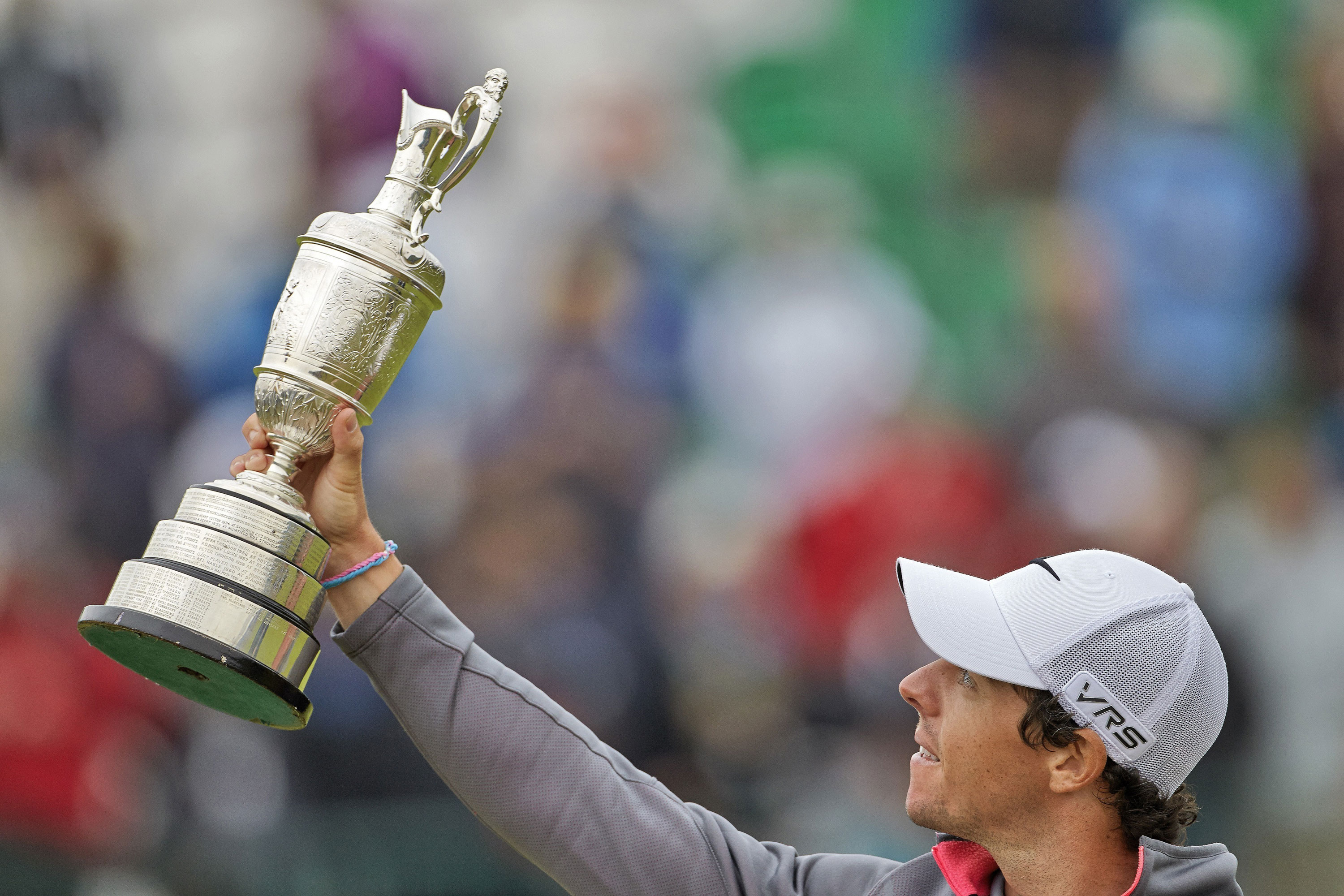
Mark Townsend recalls Rory McIlroy’s win as he overcame “Freaky Fridays.”
“On the Friday in Liverpool McIlroy would put all those poor Friday rounds into the shade with an afternoon 66”
Golf Monthly continues to cover The Open Championship extensively and create memorable content that, hopefully, a correspondent like your author will be looking back on 110 years from now.







